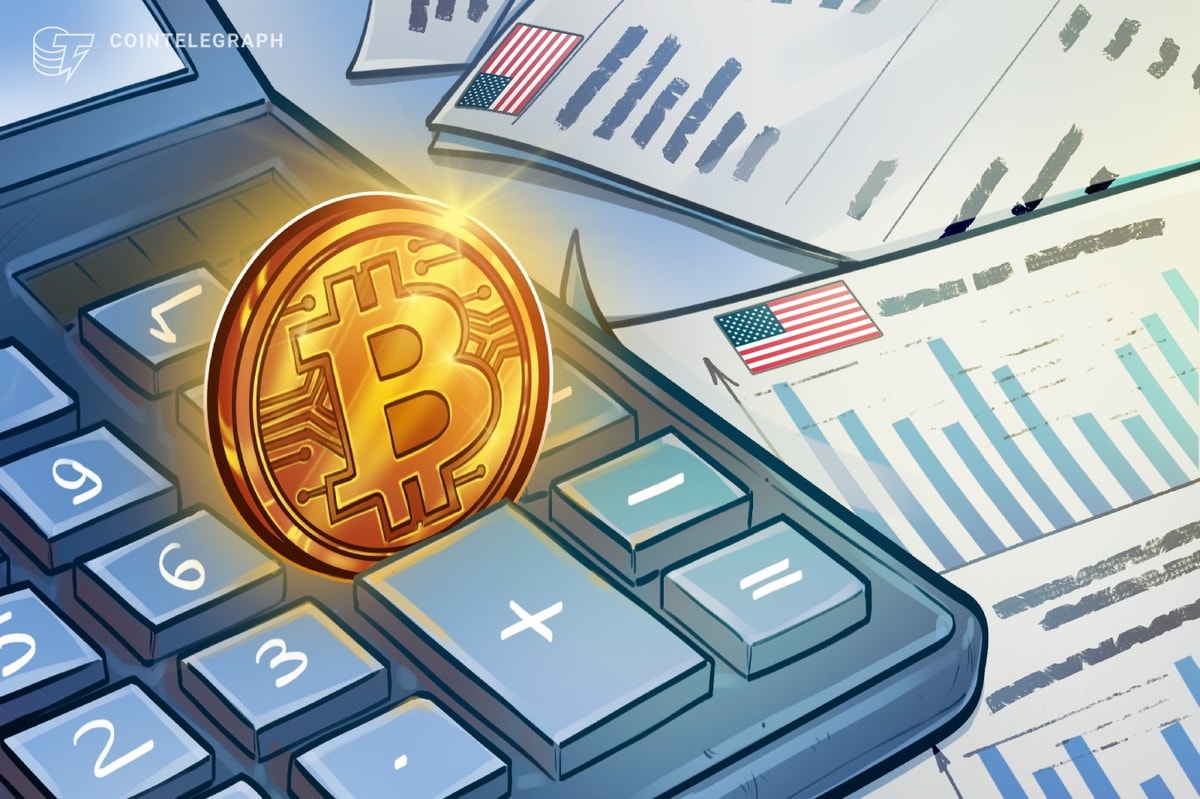In a growing trend, Bitcoin exchanges have recently begun expanding their business into mining. An example of this is the BTC mining pool recently launched by BTC China, which now accounts for 7% of all hashing power. Another China-based newcomer is Digcoin — a Bitcoin mining company owned by the Beijing based Huobi exchange.
Formally launched in September 2014, the mining company has been rising in the hashing power ranks as well. According to Huobi, the hashing power of the Bitcoin network is essential for the security of the blockchain, but mining must be profitable to be sustainable, thus “Digcoin is an important part of Huobi's long-term business strategy,” the company explains. Currently, Digcoin is not open to public investors.

— Mo Bu Yi
Cointelegraph had the chance to get the details on this business strategy with the founder of Btc123.com and Digcoin, Mo Bu Yi.
Cointelegraph: Could you tell us a little bit about Digcoin and its affiliation with Huobi? Is Digcoin a mining pool?
Mo Bu Yi: Digcoin is a Bitcoin mining investment project of Huobi. We operate mining equipment that we own, and equipment owned by our partners. Digcoin is not a mining pool, but starting our own mining pool is something we might decide to do in the future. Now we are focused on acquiring more hashing power and maximizing our operational efficiency.
CT: How does Digcoin obtain its mining equipment?
Mo Bu Yi: Digcoin buys its mining equipment directly from mining machine manufacturers. We collaborate closely with them in order to maximize profitability for all parties. In addition to operating mining equipment that we purchase, we also operate mining equipment on behalf of our partners.
“But this is fundamentally different than a mining pool — Digcoin owns and controls all that hashing power.”
CT: You mentioned that Digcoin is an important part of Huobi’s long-term strategy. Is this strategy focused more on profits, securing the network, or something else?
MBY: Huobi aims to be a balanced, comprehensive Bitcoin company, not only a trading platform, so we think it is important to be involved in such an important part of the industry as Bitcoin mining. Yes, we do have the expertise and partnerships necessary to ensure that Digcoin will have long-term profitability, but we also see Digcoin as a contribution to the general security of the Bitcoin network, upon which the future success of Huobi depends.
CT: BTC China recently launched their mining pool, which already comprises 7% of the world’s hashing power. What is Digcoin’s share?
MBY: Digcoin currently contributes about 4% of the total network hashing power. But this is fundamentally different than a mining pool — Digcoin owns and controls all that hashing power.
“I think there will be fewer new players in Bitcoin mining and more old players will leave.”
CT: As mining difficulty increases, the economy of scale will play an increasingly important role in order to remain profitable. Do you think we will see more exchanges and other major players delve into mining in the future, and why?
MBY: Bitcoin mining, in terms of profitability only, is probably not the best and safest investment. This is because of the significant capital requirements and operating costs, Bitcoin price volatility, and other variables [that] are difficult to control. But mining is a critical part of the Bitcoin system, and because Huobi is committed to the long-term growth and development of the industry, we feel it is important to be involved in this area. It is not easy to be profitable in mining, but it is possible, and we are able to do it. I think there will be fewer new players in Bitcoin mining and more old players will leave. Those new players will need to be well-funded, well-prepared, and very careful.
CT: As the mining industry scales, do you think there will be greater risk of 51% attacks and mining pool monopolies?
MBY: I think that as the Bitcoin mining network expands the risk of 51% attacks decreases. It would be incredibly difficult, if not impossible, for a single operator to acquire enough hashing power. As the network expands, it becomes even more difficult. And as the example of Ghash.io showed this year, the threat of a mining pool doing a 51% attack is not feasible. When Ghash.io reached 50%, many mining operators redirected their hashing power to other mining pools in order to eliminate the perception that a 51% attack was possible.
CT: How do you envision the mining industry after 2016 when the block reward will be halved? What must companies and individuals do to ensure that mining remains profitable and thus sustainable in the future?
MBY: After the block reward halves, Bitcoin mining can still be profitable. If the price stays the same, then we would expect half of the Bitcoin miners to quit, thus leading to a 50% decrease in mining difficulty, until a new equilibrium is reached.
CT: Any plans to open Digcoin to public investors?
MBY: People who invest in Bitcoin mining do so with the expectation of profitability, not loss. We hope to offer our users profitable Bitcoin-mining investment products, but in the current environment, it is not possible to offer such a product with a guarantee that users will recover their investment. Because Digcoin is not the core business of Huobi, we do not feel pressure to release a product now. When the time is right, we will open Digcoin to investment from our users, but until then we will continue to accumulate hashing power and improve the efficiency of operation as a private investment.
“When the government announced that there was a risk of a bubble, most of those people panicked and left the market, without ever having understood the value of Bitcoin.”
CT: Finally, last year we saw the record high price of Bitcoin mainly due to the boom in China. How has the climate changed since then, and are you optimistic with relation to Bitcoin’s prospects in China (and Hong Kong)?
MBY: Chinese investors are always interested in chasing exciting investment opportunities. When the price of Bitcoin increased dramatically last year, a lot of people tried to chase the dream of profits, but when the government announced that there was a risk of a bubble, most of those people panicked and left the market, without ever having understood the value of Bitcoin.
This year there has not been any general excitement about the Bitcoin price, but there has been a lot of entrepreneurship and innovation, building more products and applications, so I think more people in China now will come to understand the true value of Bitcoin, not just as a speculative investment.
Did you enjoy this article? You may also be interested in reading these ones:









